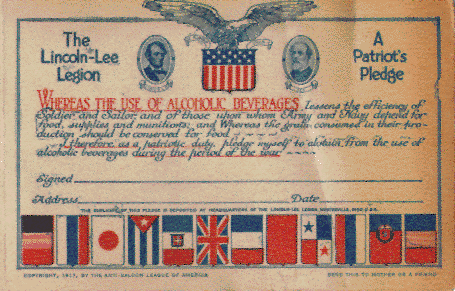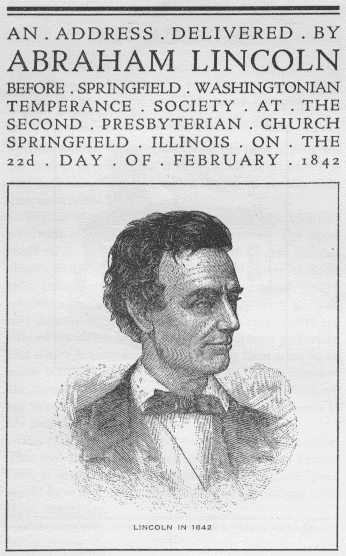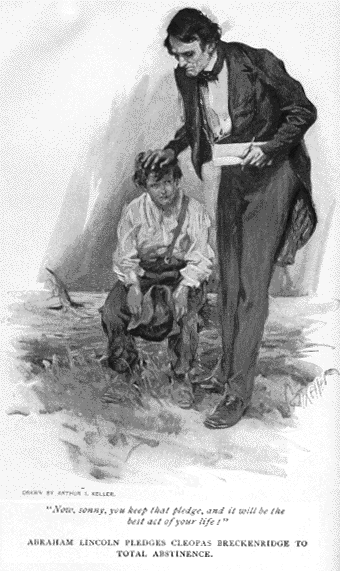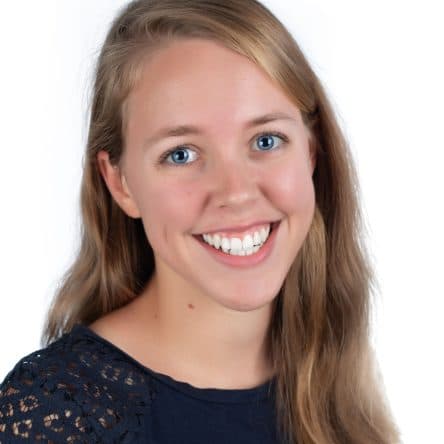Lincoln - Lee Legion
Howard Hyde Russell founded the Lincoln Legion in 1903. It was a pledge program which asked for abstinence from the use of alcohol by its signers.
The Pledge
The abstinence pledge, signed by over five million people, symbolized by the signature on a pledge card, read as follows: "Whereas, the use of intoxicating liquors as a beverage is productive of pauperism, degradation and crime; and believing it our duty to discourage that which produces more evil than good, we therefore pledge ourselves to abstain from the use of intoxicating liquors as a beverage."
Sixty-five years before the founding of the Lincoln Legion, farmers and their families gathered at the South Fork School House in Sangamon County, Illinois to hear a thrilling appeal for total abstinence and to sign the pledge presented by a young lawyer named Abraham Lincoln.
Among the signers was a ten year old boy Cleopas Breckenridge. Breckenridge repeated what Lincoln had said to him that night many years later when a new pledge movement was begun by Howard Hyde Russell. Lincoln told him, "Now, Sonny keep that pledge and it will be the best act of your life." Breckenridge described how he had kept the pledge through his long life including the trying years of the Civil War down to the present.
In Oberlin, Ohio in 1903 at a great meeting held in the old First church, the old pledge was used again and repeated word-for-word by Moses Martin who had been at the meeting with Lincoln those many years ago. Fifteen hundred pledges were signed at this Oberlin meeting. This was the beginning of a new pledge program.
In 1912, at a gathering of the Anti-Saloon Saloon League forces in Washington, D.C., it was decided to rename the pledge movement the Lincoln-Lee Legion to honor a son of the South who had a temperate life style. In 1869, General Robert E. Lee wrote, "My experience through life has convinced me that while moderation and temperance in all things are commendable and beneficial, abstinence from spirituous liquors is the best safeguard to morals and health."
The pledge signing was promoted through churches and Sunday schools. Girls who signed the pledge were called "Willards" and boys who signed were called "Lincolns". Over five million people signed these abstinence pledge cards.
About the League
Museum Hours
Monday-Saturday: 9am-6pm
Closed on Saturday: 1-2pm
Closed on Sunday











